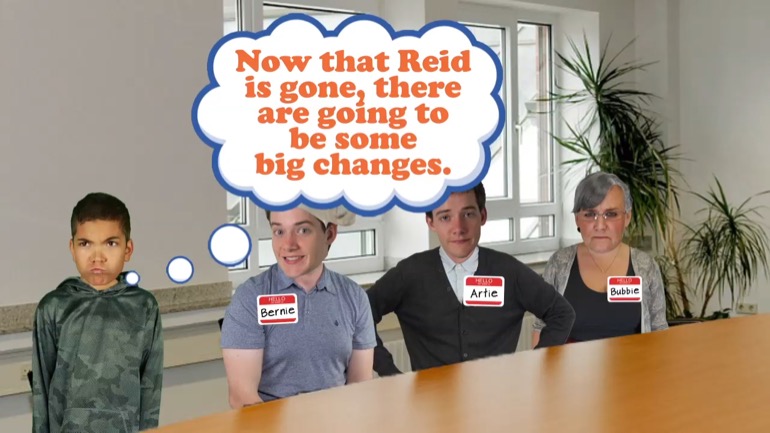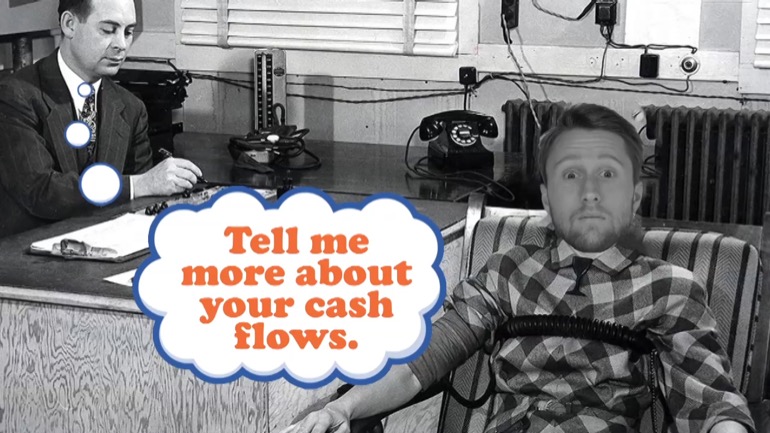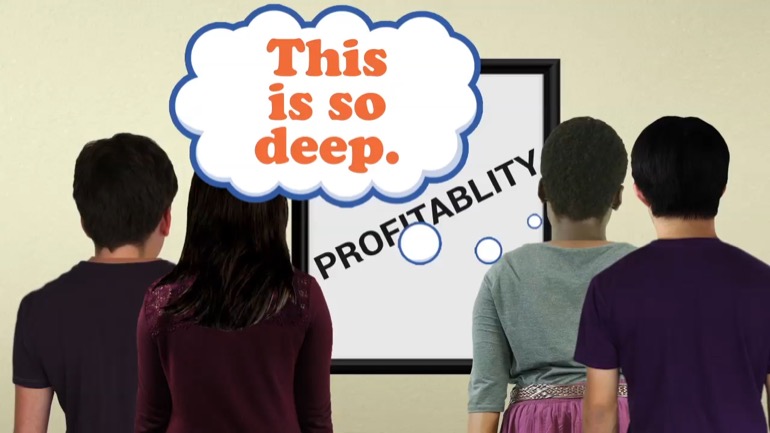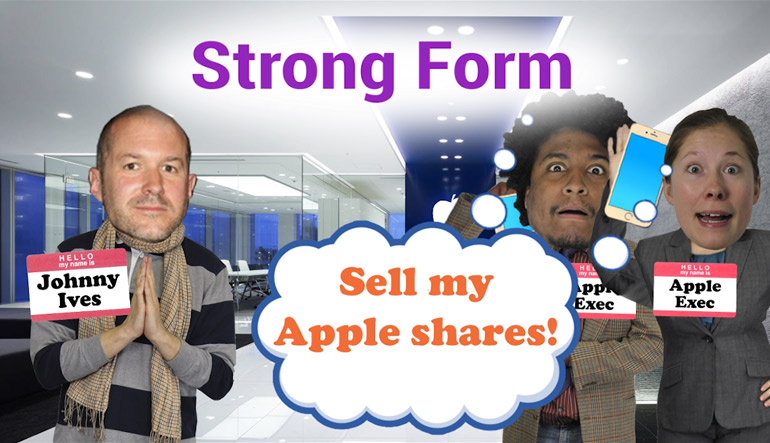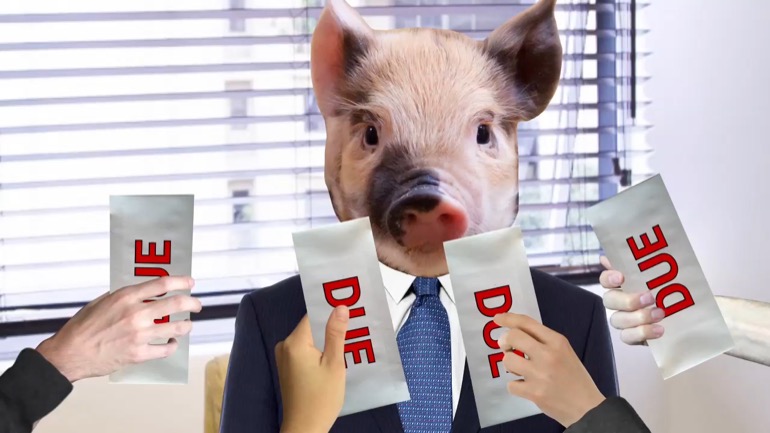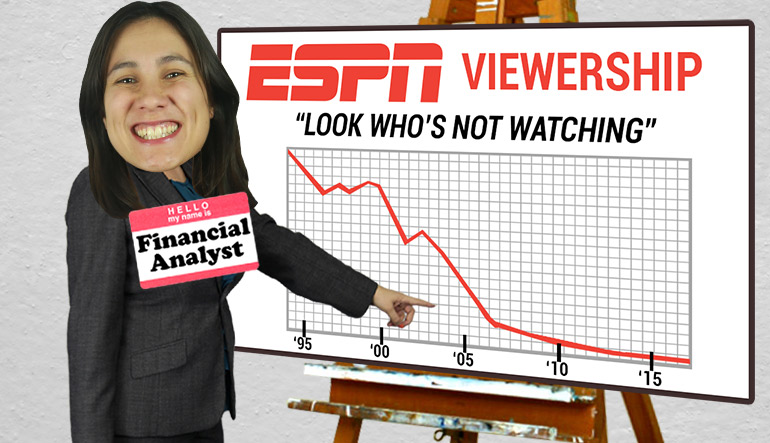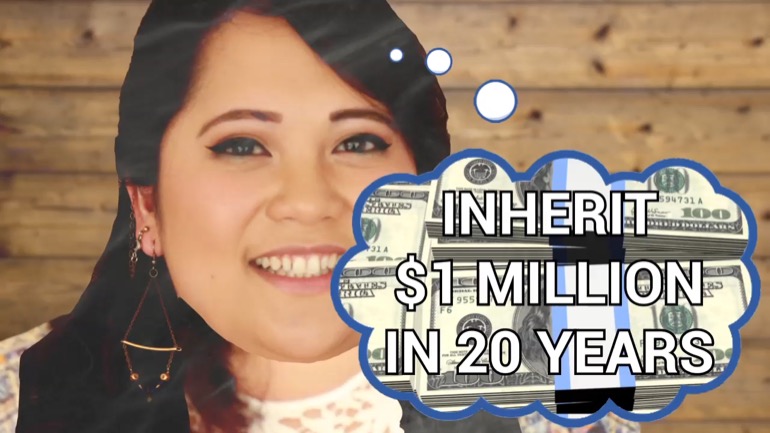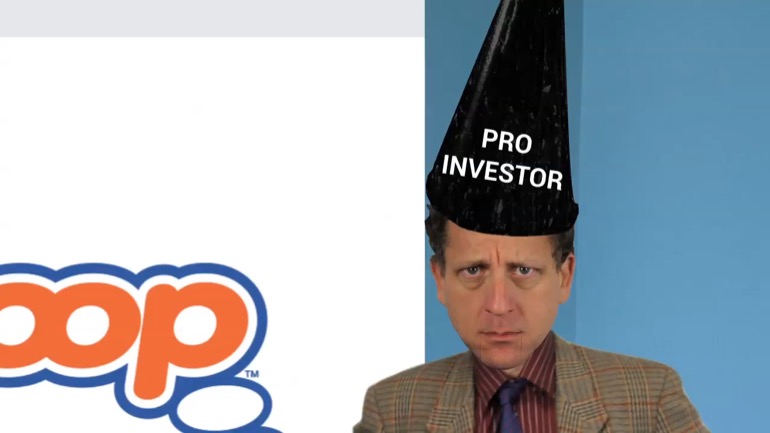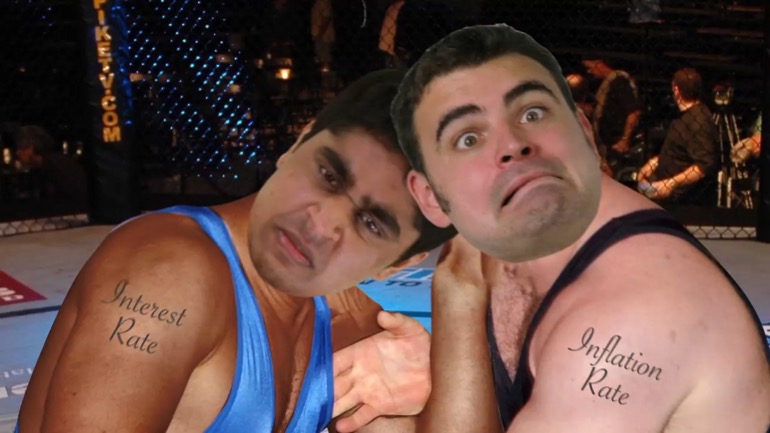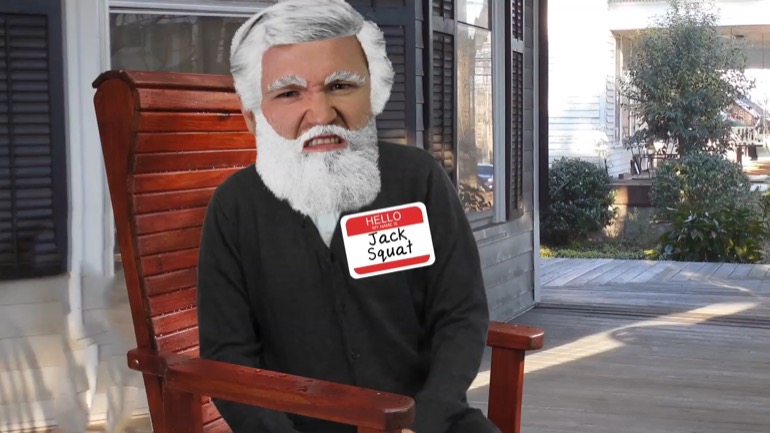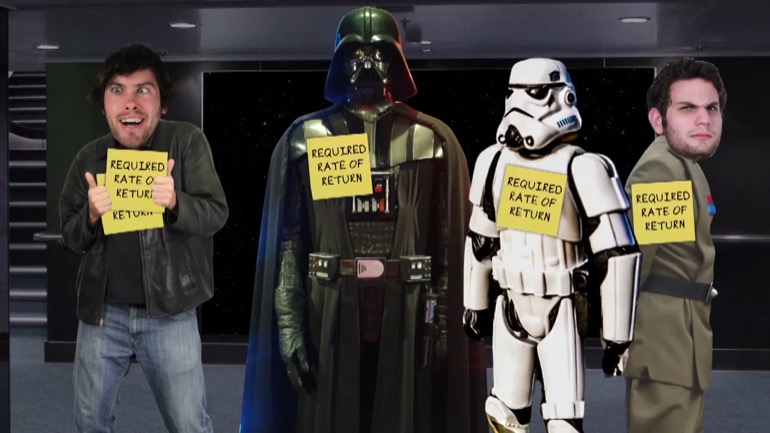ShmoopTube
Where Monty Python meets your 10th grade teacher.
Search Thousands of Shmoop Videos
Principles of Finance Videos 166 videos
How is a company... born? Can it be performed via C-section? Is there a midwife present? Do its parents get in a fight over what to name it? In thi...
Company Formation, Structure, and Inception: Unit Intro. Sorry, Leo DiCaprio fans—we're not going to be breaking down the plot of Inception. We'r...
Okay, so you want to be a company financial manager. It's basically up to you to make money for the shareholders. It would also be swell if you mad...
Principles of Finance: Unit 2, Measuring Sticks 14 Views
Share It!
Description:
There are certain mathematical tools we use to inspect whether a company or investment is doing well, or... not. Here are a few of those tools, comin' at ya.
Transcript
- 00:00
principles of finance a la shmoop. investment measuring sticks. alright
- 00:08
people well over a long period of time both company management and investing [men smile in a fancy room]
- 00:13
management have grown, you know sophisticated. in the same way a NASCAR
- 00:17
team inspects engine heat rpm tire pressure and so on we have similar
- 00:21
mathematical tools to inspect whether a company or an investing thing is doing
Full Transcript
- 00:26
well or not. we'll come back to these tools in depth throughout the course but
- 00:30
let's start with some analysis of company performance all right well to
- 00:34
start we'll make up a silly little income statement for the silly little
- 00:38
lemonade stand, lemonade stands R US right here
- 00:41
revenues and revenues expenses all this stuff right there. got it ? okay so let's [income statement shown]
- 00:45
just plow through this simple income statement and make a few observations
- 00:48
that'll hopefully shine lights where things are dark in your brain. well how
- 00:53
much did we sell a single drink for in 2020? a buck. we sold 20,000 units and
- 00:59
took $20,000 in revenues in the door using advanced calculus that's a buck a
- 01:04
drink. got it? why the $19,000 net revenue thing? what is net here? net of what? what
- 01:10
is net revenues? well we had a number of people paying us using a credit card and
- 01:16
Visa and MasterCard don't just have corporate jets for doing nothing
- 01:19
somebody has to pay for them, right? so a good chunk of our business had us [plane taking off]
- 01:23
collect a dollar pay a nickel to the credit card company and then we keep
- 01:27
ninety-five cents of that drink for ourselves. but that doesn't account for a
- 01:32
full thousand dollars taken off of gross revenues or total revenue, so what gives?
- 01:36
well sadly a number of people took a sip spit out the fine formula lemonade and
- 01:42
well they demanded their money back. we lost the nickel of that cup when they
- 01:46
did that so a few hundred bucks were just lost cups and lost the drinkage. [equation pictured]
- 01:51
so that's why we get a net revenue number. it's 19 grand that we collected
- 01:56
in revenues, not 20 that we billed for. yeah that works very clever all right.
- 02:01
and as a percentage of our profits well it was a big loss note that we spent 3
- 02:05
grand on our product which we're defining us you know cups and liquid. we
- 02:10
could have included rent because well we need a place to sell lemonade, but it's a
- 02:14
just a street corner, really in front of our house, so we're not going to include
- 02:18
it in the must-have things to sell our product category, and usually that's the
- 02:24
delimiter in what you'd include in gross profits. so we had 19 K in net revenues
- 02:28
and 16 K in gross profits. all right will our gross profit margin then what 16
- 02:34
over 19. nice high margin and lemonade drinks. it would be rational if you [equation showing profits]
- 02:39
wanted to keep $20,000 as the denominator you could in fact take as an
- 02:44
expense the visa bills and the bad drink bills and stuff like that. someday maybe
- 02:49
you'll have zero lemonade's to spit out or have a hundred percent of your drinks
- 02:53
paid for in cash. so if you wanted to say that gross margin was really sixteen
- 02:57
over twenty equals eighty percent well there'd be no rancor here in the
- 03:01
hallways that'd be a vaunted du shmoop Wall Street corridors. [ man smiles in hallway]
- 03:04
all right well key concept here is the difference between a profit dollar
- 03:07
amount and the profit margin. got it? a profit dollar amount was sixteen
- 03:12
thousand the profit margin was sixteen over twenty. PS margins are always a
- 03:18
percentage. remember that. all right well rent labor and marketing you're all
- 03:21
below the line expenses. all right well what line ?the gross profit line. that
- 03:26
thing right there well that whole above and below the line things actually a big
- 03:29
deal in Hollywood as a weird sidebar here a weird as that sounds from from
- 03:34
shmoop and no extra charge here for telling you about this. profit
- 03:38
participants ie the movie stars directors and producers are above the [gross profits line explained]
- 03:42
line players, versus grips gaffers sound boon microphone holders truck drivers
- 03:48
and people like that. why? well because above the line players compensation is
- 03:52
usually variable. ie it hinges on how well or poorly the film does at the box
- 03:57
office and beyond. you get profit participation when you're
- 04:01
a player right but whatever that's a sidebar moving on. we have 8k in pre-tax
- 04:06
profits here from our lemonade stand. this is also called operating profits.
- 04:10
yeah well that's the profit we make from operating the business .why report a
- 04:15
pre-tax number versus just ignoring it? and reporting the net after taxes. taxes
- 04:21
vary from state to state from country to country and from year to [map of the U.S.]
- 04:25
year and most companies want to be comparable on an apple to apples basis
- 04:29
not to apples to kumquats. all right well that line is also important as financial
- 04:33
managers like the future you think about trying to find ways to pay less in taxes.
- 04:38
note that the operating margin of the company is 8 K over 19 K or 20 K
- 04:43
depending on how you think about the real revenues realized, but keep the
- 04:47
mapped easier let's look at the $20,000 total revenues will gross up our number
- 04:51
and call the operating margin 40%. that's 8 over 20. all right. then we have taxes.
- 04:57
all right. well we made up the 25% tax number but it's a good proxy for what [taxes defined]
- 05:01
most corporations pay ,other than Apple at least you know who's based in Ireland
- 05:06
so they avoid an enormous amount of taxes. good good on them. all right well
- 05:09
the bottom line or net income of 6 K gives us a net profit margin or net
- 05:14
margin of 6 divided by 20 or 30%. very high profit margins for a drink company.
- 05:21
of course once the kids manage to score themselves a liquor license and start
- 05:25
churning outside mama's house hard lemonade, well then the only thing higher
- 05:30
than their margins will be their cleaning bill. [row of kegs in front of smiling child]
Related Videos
GED Social Studies 1.1 Civics and Government
What is bankruptcy? Deadbeats who can't pay their bills declare bankruptcy. Either they borrowed too much money, or the business fell apart. They t...
What's a dividend? At will, the board of directors can pay a dividend on common stock. Usually, that payout is some percentage less than 100 of ear...
How are risk and reward related? Take more risk, expect more reward. A lottery ticket might be worth a billion dollars, but if the odds are one in...








